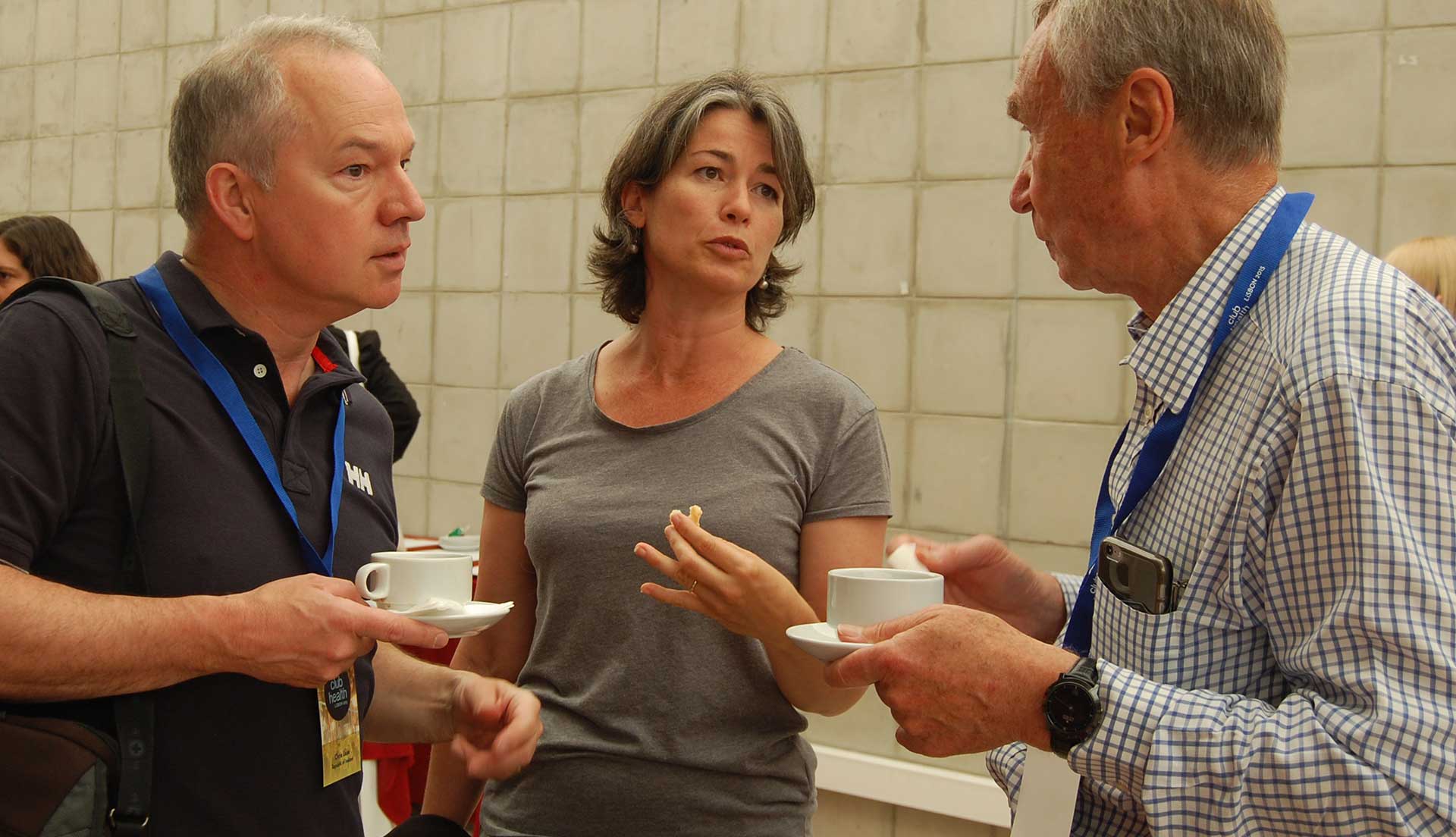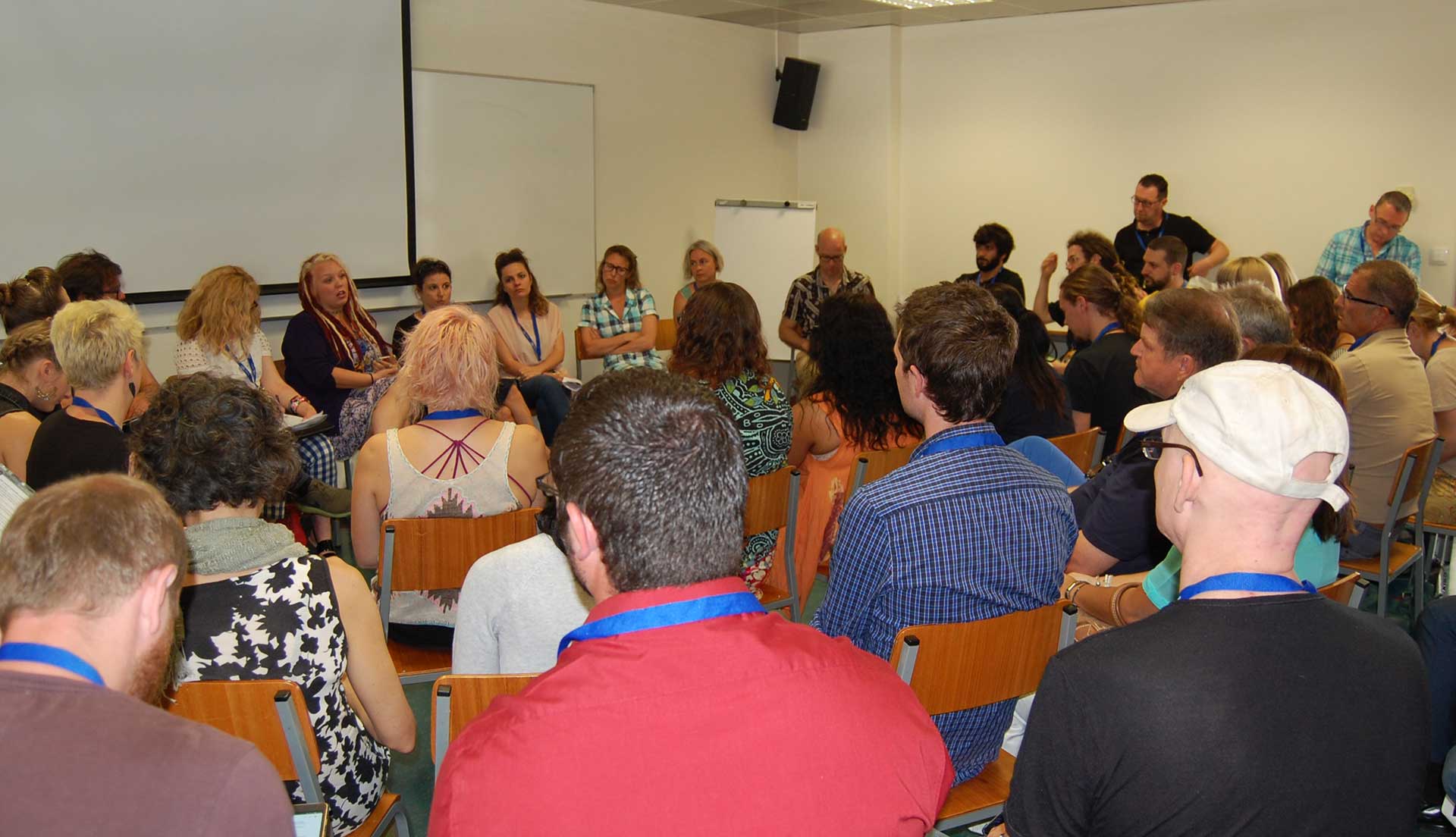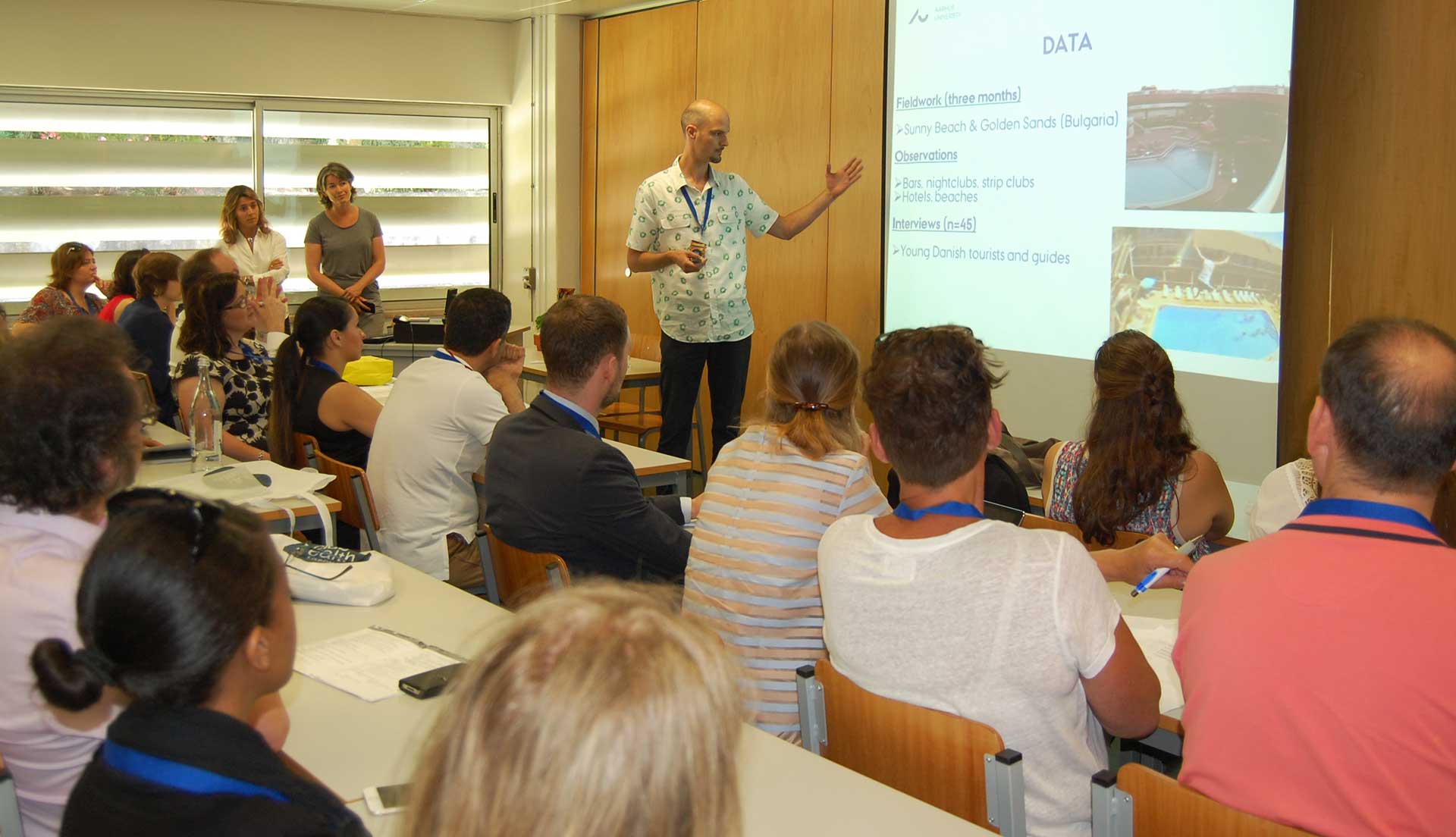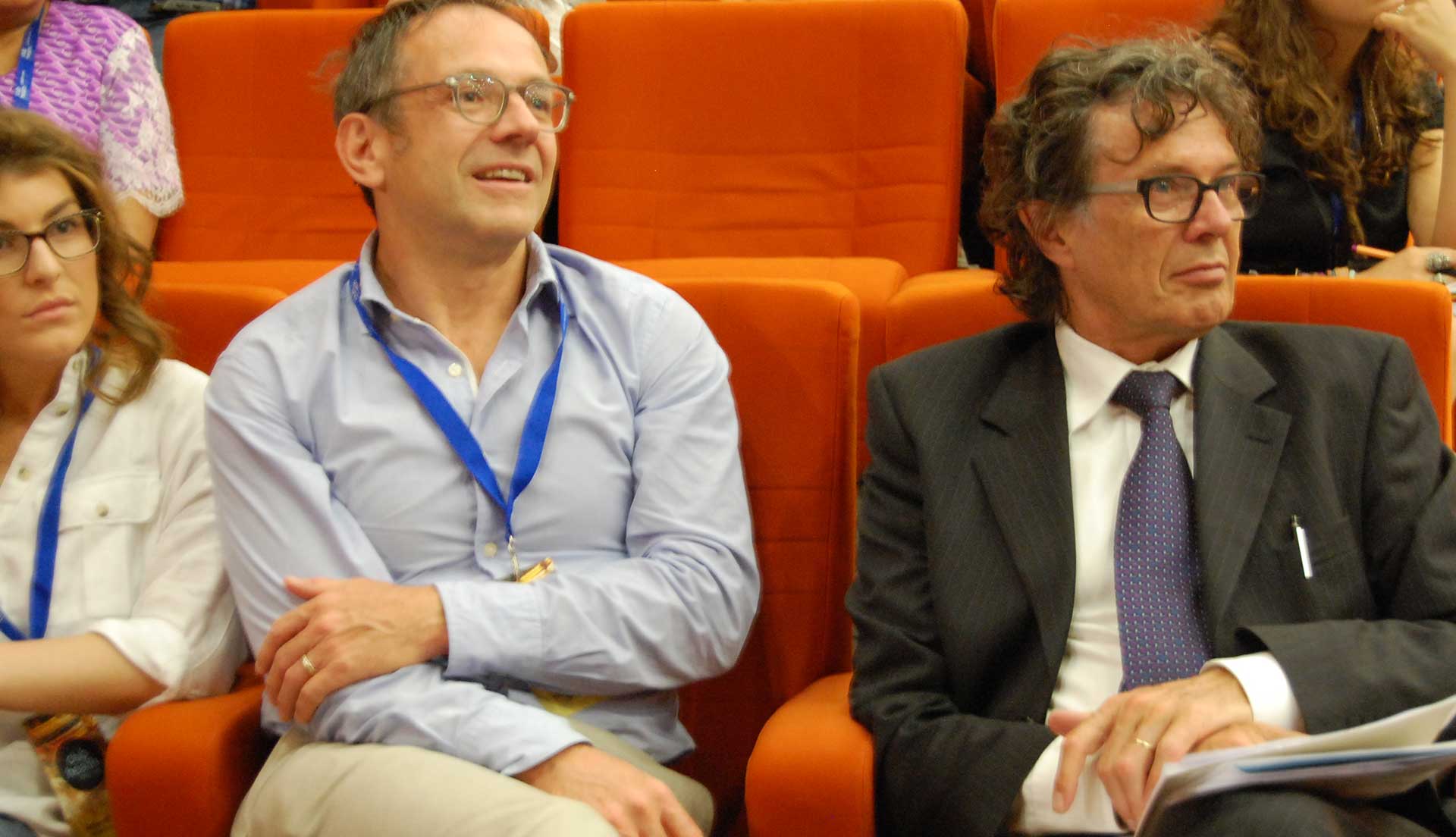Zara Quigg

Nightlife is an environment in which pleasure, intoxication and sexual expression and relations co-exist. Whilst for many nightlife is a safe space, safety can be compromised due to the prevalence of risky behaviours (e.g. alcohol and other drug use, a culture of intoxication and sexual risk taking), and social norms that render sexual violence more acceptable and expected than in other parts of everyday life. Over the past two decades, increasingly attention is being drawn to preventing sexual violence and gender inequality in all but particularly nightlife spaces. Various social movements such as #MeToo and #EverySexism provide a supportive social and cultural context for preventing sexual violence, however whilst there is clear evidence that sexual violence is a key nightlife issue, gaps in knowledge exist about how to address sexual violence in this complex environment. Across several countries, interventions to promote nightlife workers (e.g. bar staff, security) bystander intervention are emerging as a method to address sexual violence, and these appear to be having positive impacts on addressing norms that promote sexual violence and increasing confidence to positively intervene. Such interventions require further implementation and evaluation however to determine their impacts of sexual violence, and equally need to be supported by wider interventions that address gender inequality and the cultural norms that underpin sexual violence.
This talk will consider the evidence on nightlife-related sexual violence and reflect on the development and implementation of bystander (and other) interventions in this setting, and opportunities for transformation.
Biography
Zara is a Professor in Behavioural Epidemiology at the Public Health Institute (PHI), Liverpool John Moores University in the United Kingdom. As head of the World Health Organization (WHO) Collaborating Centre for Violence Prevention at PHI, she works with WHO to promote and support a public health approach to violence prevention at local, national and international level. She has worked on nightlife-related research for 20 years, examining risky alcohol consumption (including preloading) and associated harms (e.g. violence).
Zara’s research has informed the development of prevention activity across various UK and European nightlife settings, including: the development of nightlife worker bystander training on identifying and preventing sexual violence (e.g. STOP-SV; Good Night Out Campaign); and implementation of community based multi-component approaches (i.e. STAD In Europe; Drink Less Enjoy More) to preventing excessive alcohol consumption across public and private drinking settings. Zara is from Liverpool and works with local communities and organisations to promote healthy nightlife in Liverpool’s night-time economy. She sits on various local and national steering groups relating to nightlife health and is active in engaging with nightlife users to ensure their voice informs policy and practice.

















